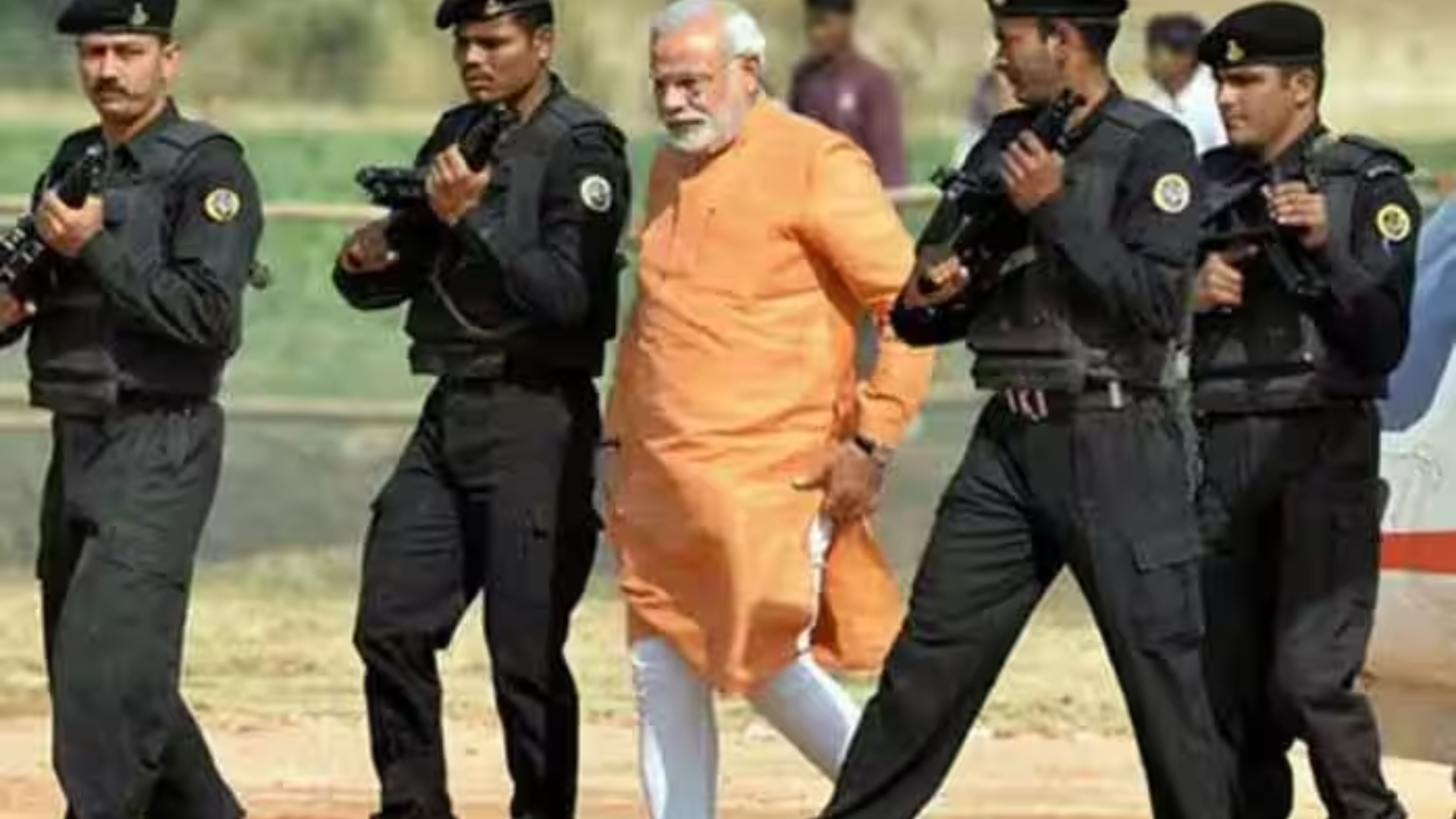
Prime Minister Narendra Modi’s approach to national security spotlight continuity, reflecting a strategic decision to maintain stability in India’s defense and security apparatus. As Modi embarks on his third term, several key factors highlight this focus on continuity and the strategic implications for India’s security environment.
Stability in Leadership
Modi’s tenure has seen a consistent emphasis on strong leadership within the national security framework. Ajit Doval, the National Security Advisor, continues to play a pivotal role, renowned for his strategic acumen and experience. Doval’s presence ensures a steady hand in managing India’s complex security challenges, including cross-border terrorism and internal security threats.
Defense and Military Strategy
Rajnath Singh retains his position as the defense minister, underlining the importance of continuity in defense policies. Singh’s ongoing leadership is crucial for the modernization of the Indian Armed Forces and the implementation of key defense initiatives. This stability is expected to aid in navigating the geopolitical tensions with China and Pakistan, ensuring a robust defense posture.
Focus on External Threats
India’s national security strategy under Modi has been marked by a proactive stance towards external threats. The longstanding issues with China, particularly along the disputed border, have seen an assertive response from India. Modi’s administration continues to enhance military infrastructure in border areas, reflecting a commitment to countering Chinese aggression and ensuring territorial integrity.
Similarly, relations with Pakistan remain a focal point, with India maintaining a firm stance against cross-border terrorism. The strategic military actions, such as surgical strikes, have underscored Modi’s policy of decisive responses to security threats.
International Collaborations
Under Modi’s, India’s foreign policy has seen a significant shift towards strengthening ties with major global powers. The deepening of defense and strategic partnerships with the United States, as well as enhanced cooperation with European nations, forms a cornerstone of Modi’s national security strategy. These alliances are crucial for balancing regional power dynamics and bolstering India’s defense capabilities.
Internal Security and Counter-Terrorism
Internally, Modi’s government has focused on bolstering counter-terrorism efforts and enhancing intelligence capabilities. The continuity in leadership within key security agencies ensures that there is no disruption in the ongoing efforts to maintain internal security and combat terrorism effectively.
What are Prime Minister Narendra Modi’s portfolios? It’s here
Conclusion
Prime Minister Narendra Modi’s emphasis on continuity in the national security establishment underscores a strategic approach to maintaining stability and ensuring effective management of India’s security challenges. By retaining key leaders and reinforcing defense strategies, Modi aims to navigate the complex geopolitical landscape, bolster internal security, and uphold India’s strategic interests on the global stage.

